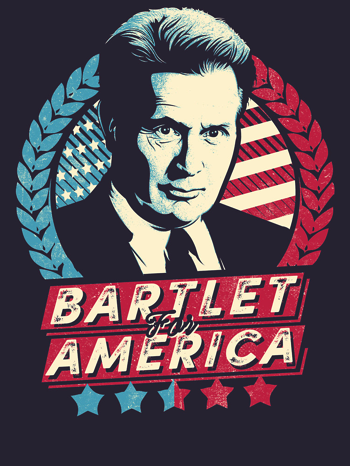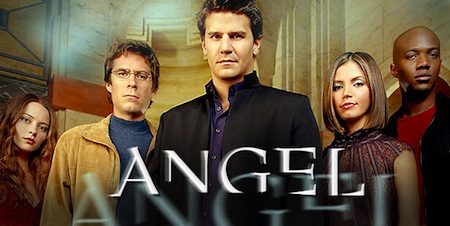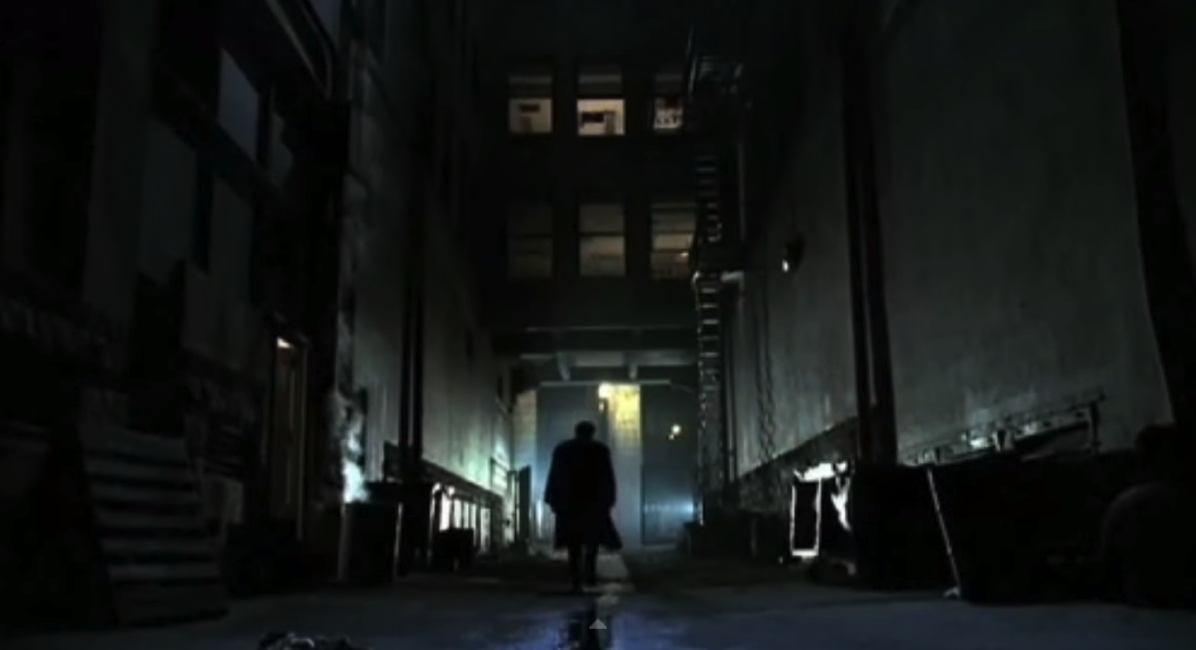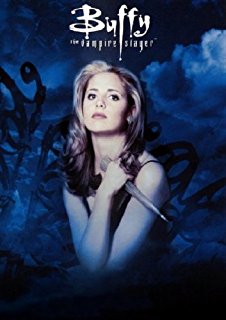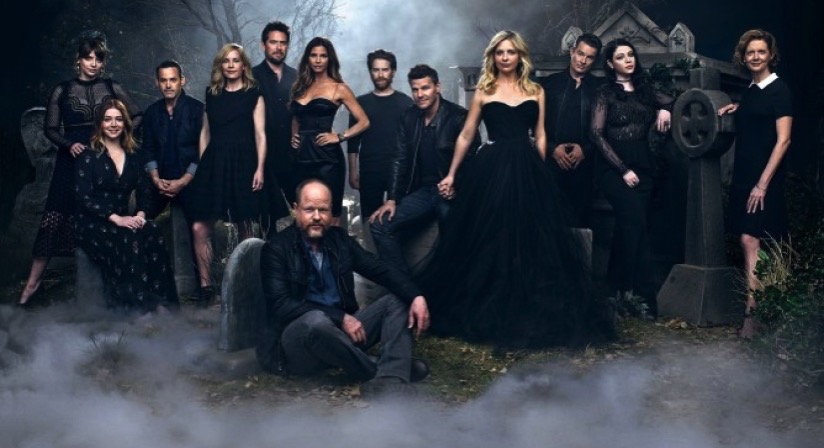
There was a time, not even that long ago, when a TV theme song wasn’t optional. You didn’t skip the Buffy the Vampire Slayer intro. You endured it like a rite of passage. That first guitar riff hit and instantly told you exactly what kind of hour you were in for: monsters, heartbreak, snark, and teenagers making very questionable choices. The theme wasn’t just a song; it was the show looking you in the eyes and saying, “You ready? Good. Let’s go deal with supernatural puberty.”
Theme songs used to set the mood. The West Wing opened with those brass heavy, patriotic bars that basically told your brain to sit up straighter and think about democracy for a while. Babylon 5 updated its theme every season to reflect the story’s tone, from hope to war to political exhaustion. It was basically a musical weather report for the saga. Sometimes all you needed was the perfect fit, something instantly recognizable that told you everything you needed to know about the world you were stepping into.
And then streaming happened. The “Skip Intro” button arrived and erased decades of careful emotional calibration in one small, silently judgmental rectangle. Let’s be honest. We all press it. Even I, someone who rewatched Smallvillevoluntarily, am not above it. You binge enough episodes in a row and even the greatest theme song becomes a tiny speed bump between you and your next dopamine pellet.
Intros didn’t just get skipped. They started disappearing. They shrank. They got efficient. Some turned into three second sonic logos. Some shows dropped them entirely, like they suddenly decided overtures were embarrassing.
Which brings us to Game of Thrones and House of the Dragon. I won’t dwell on it too long, but it is a great example of how not to handle musical inheritance. The original Thrones theme is iconic, practically global Pavlovian conditioning. But House of the Dragon didn’t reinterpret it or evolve it. They just used the same thing. Strong branding, maybe, but also a missed opportunity.
It is the musical equivalent of turning in last year’s homework again and hoping the teacher won’t notice. I noticed.
Compare that with Doctor Who, which has kept the same melody since 1963 while reinventing the instrumentation and emotional tone every few years. Each regeneration of the Doctor gets a regeneration of the theme. New face, new personality, new sonic identity, yet always recognizable. That is how you respect your past while creating something new.
Or look at Star Trek, which understands musical evolution better than most franchises in television history. TOS has its soaring optimism. TNG turns it into full symphonic grandeur. DS9 becomes stately. Voyager climbs hopefully toward the horizon. Even Discovery and Strange New Worlds attempt to recapture the magic, and while neither theme is as instantly hummable as the Jerry Goldsmith classics, at least they try to build something new. This excludes Enterprise, of course, which was a soft rock fever dream that I still believe was a social experiment that accidentally aired.
All of this circles back to the same point. A theme song is part of the storytelling. It is an emotional handshake. A tone setter. A tiny overture that says, “Here is the world you are about to enter. Let me tune your brain first.”
And while I completely understand the instinct to skip intros, because after hour three I too crave direct narrative injection, I still think something gets lost when we abandon them. Stories need transitions. They need thresholds. They need the music that opens the door.
So in the spirit of appreciating the craft we ignore with a single click, here are my personal Top 5 TV themes. These are the themes I never skip. And honestly, life is too short to pretend that does not mean anything.
My Top 5 TV Themes (in alphabetical order)
- Batman: The Animated Series
Shirley Walker’s orchestral noir masterpiece. Dramatic, gothic, instantly atmospheric. A cartoon theme that feels cinematic and slightly intimidating. - Band of Brothers
Michael Kamen at his most restrained and devastating. A theme built on dignity, grief, and quiet heroism. It does not glorify war. It mourns its cost. One of the greatest TV themes ever written. - Farscape
Chaotic, alien, percussion driven energy. A theme that does not invite you in so much as launch you into orbit. Nothing else in science fiction sounds remotely like this. - Star Trek: The Next Generation
Jerry Goldsmith’s musical definition of optimism. Soaring brass, a melody carved out of hope, and the emotional promise that humanity might be worth rooting for. - The West Wing
Warm, idealistic, proudly earnest. A theme that makes you want to walk briskly down a hallway while talking about ethics. It still gives me goosebumps.
Ask me tomorrow and the list might shift, but these are the themes I will never skip. Some things deserve their sixty seconds of my life.






 So, I did a very stupid and time-consuming thing: I rewatched Smallville. Yes, Smallville. The early 2000s WB show where Tom Welling’s Clark Kent spends ten (!) whole seasons not wearing the Superman costume. It’s a mix of teen soap, comic book melodrama, and weekly meteor-freak shenanigans. Hardly “peak TV.” And yet, watching it again, I realized something: I kind of miss the 22-episode season.
So, I did a very stupid and time-consuming thing: I rewatched Smallville. Yes, Smallville. The early 2000s WB show where Tom Welling’s Clark Kent spends ten (!) whole seasons not wearing the Superman costume. It’s a mix of teen soap, comic book melodrama, and weekly meteor-freak shenanigans. Hardly “peak TV.” And yet, watching it again, I realized something: I kind of miss the 22-episode season.